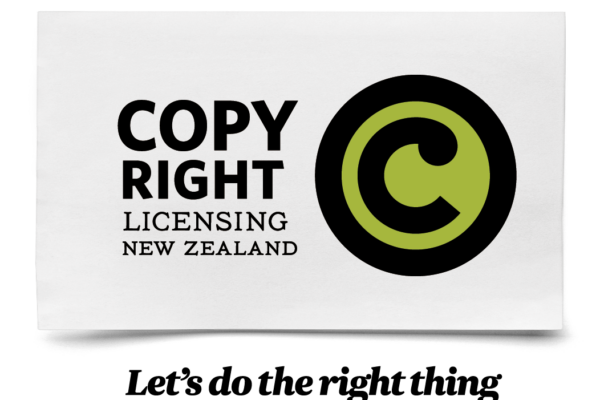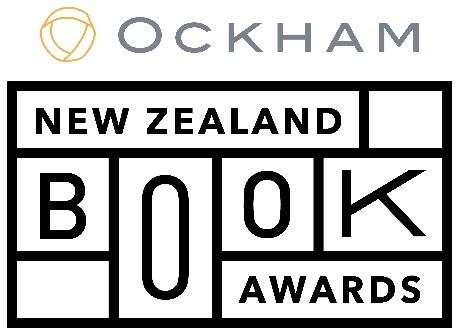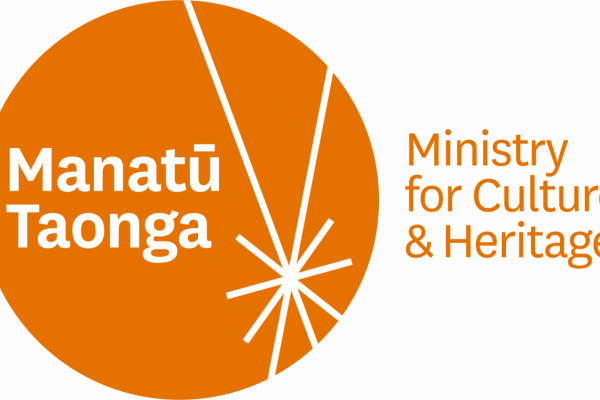Media Release
April 19, 2021
The New Zealand Society of Authors Te Puni Kaituhi o Aotearoa (PEN NZ) Inc, founded in Aotearoa New Zealand in 1934, has responded to many changes to the literary sector since that time. Now the sector is going through a period of seismic change and NZSA has launched a raft of new programmes and services to help writers meet these new challenges.
Says President Mandy Hager “The challenges of the last year in the COVID environment meant NZSA needed to quickly adapt to support local writers. As writers’ festivals, international book fairs, and events were cancelled, shops also closed for sales and book launches. Bauer collapsed. Marketing, sales, and promotional opportunities evaporated overnight.
The book sector, and in particular New Zealand writers, have faced periods of change and challenge before, but nothing on this scale. We knew we must adapt to survive.”
NZSA immediately launched #NZSA Connects – strands of online content. “We launched online web-workshops and in-depth masterclasses. We edited and released sessions from our 2018 National Writers Forum as ‘a podcast a day’ for 18 days – intimate sessions offered as a connection and a solace” says NZSA CEO Jenny Nagle. “We also launched a #NZSA WritersYouTube site for writers to read first chapters of their books, as a promotional tool they could link to their book promotion, personal profiles and social media.”
During lockdown, NZSA worked alongside industry partners such as The Coalition for Books, the Publishers’ Association of NZ, Booksellers NZ, Read NZ, and Copyright Licensing NZ to advocate for the literary sector. This involved promoting the BUY LOCAL message and advocating for contractors’ lost incomes and lobbying for books to be considered essential items for online sale. The Coalition for Books launched KETE – the only comprehensive website for NZ books – and a Blokes v Books media campaign from Read NZ and NZSA, to encourage men to read and to emphasise the importance of modelling reading to children. With PANZ and CLNZ we launched our Creative Rights=Creative Reads campaign in November 2020.
Our writers embraced online connection and members’ feedback led to new and expanded services for 2021. With people less keen to travel, surveys confirmed our members wanted to engage regionally.
Our 2021 #NZSA Connects Learning Hub has just launched with 3 major strands:
- Fortnightly web-workshops and masterclasses – live and interactive;
- Regional Roadshows – 8 days of professional conference being held in the regions to support our branch network;
- A static online course: Writer’s Toolbox – lessons that can be done with branches, writing groups, and hubs, or individually at home, is about to launch.
In addition to our existing mentorship and assessment programmes, communications, and the awards and prizes NZSA administers, these significant new services form an impressive array of tools and new supports for NZ writers. They are available to all writers, with discounts for NZSA members.
“We needed to upgrade our technology and upskill ourselves, and are grateful to Creative NZ, Copyright Licensing New Zealand, the Mātātuhi Foundation, and Internet NZ who funded us to develop and launch our new programmes.”
The market has changed, and the swing to online purchasing and ebooks, along with a surge in audiobooks, has highlighted deficiencies in writers’ compensation. NZSA was already engaged in the Review of the Copyright Act and the Review of Public Lending Right – but COVID has highlighted gaping holes in current legislation.
The Public Lending Right compensates writers for public access to their work in libraries; however, current legislation does not compensate for ebook or audiobook loans. Auckland Libraries e-lending surged in 2020 (65% in April 2020), and the increase has continued post-lockdown. Their total 2020 e-lending was up 23% to just under 3.3 million e-reads. Writers receive nothing for this.
Likewise, NZ falls behind countries such as the UK, Australia, and Canada by not having an Educational Lending Right – which compensates for free use in school libraries. This especially penalises our children’s writers and illustrators. PLR was already under review, but COVID, plus an election, has stalled action here. We acknowledge a welcome PLR Fund top-up in 2020, to ameliorate 12 years of stagnation and keep pace with inflation but that still only compensates print books in public libraries – not digital, not audio, nor private, government, or school libraries.
The Copyright Act is also under review, though Section 69 allowing access under the Marrakesh Treaty, was changed in 2020. This increased free access from the 8% of the population who identify as visually impaired to a staggering 24%, to include anyone identifying with a disability in the last census. Blind and Low Vision NZ alone circulate 600k loans per year and now have extended their network to all schools. This access is uncompensated, as authors are expected to absorb the cost of access.
In 2018, surveys showed that our authors’ median income was $17k per annum. Increased copyright exceptions will take even more income away. NZSA supports access but thinks it should not be at the expense of writers’. MBIE argues educational outcomes and achievement would improve from access and NZSA agrees. But similarly, the school lunches programme also improves outcomes, yet food producers are paid for their product.
Hager says “The modern download mentality has meant people feel entitled to take writer’s work – but copyright law and the Human Rights Act both protect ownership of intellectual property. In fact, NZSA believes the increase in Copyright exceptions, mandated by the government under the new NZ Marrakesh law, is in breach of both the Berne Convention and the Human Rights Act. MBIE has claimed that we are overstating the case, but they provide no evidence.”
Nagle adds, “It feels like writers are singled out – other creatives and industries are not mandated to give away product – so why does the government requisition work from writers and publishers?
There are other ways in which writers are disadvantaged by NZ government policies, compared to writers in Australia or Canada. Our Ministry of Education refuses to centrally license schools with a copyright license (as they do for Microsoft) – which means on any day, at least 30% of schools may breach copyright, for the use of writing, music, film, and fine art in their lessons. MOE is not showing respect for IP in NZ; they also declined our approach to consider a quota in English courses of NZ content, that exists in other markets.
“It is likewise disappointing the BUY LOCAL campaign does not extend to public library purchasing, with many local government contracts bypassing NZ booksellers and library suppliers to send taxpayers funds offshore. On approach, the Local Government ministry declined to support local book buying. When publishers and authors worked with LIANZA over lockdown, we waived copyright to urgently create online stories for schools, while MBIE declined to make books essential items. We know books have a crucial and proven role in supporting both educational achievement and mental wellbeing.”
We certainly hope the current communications review for TVNZ/RNZ will support a 50% quota for NZ content for our media sector, as in Australia – this has proved a great boost for the creative industries over the ditch. There is so much content, potential, and talent lying fallow!” says Nagle.
For more information, please contact director@nzauthors.org.nz 021 599 838
www.authors.org.nz
www.creativerights.nz
www.ketebooks.co.nz
www.coalitionforbooks.nz
www.read-nz.org/new-zealand-book-scene/nzbc-stories-details/introducing-blokes-vs-books
NOTES:
The New Zealand Society of Authors Te Puni Kaituhi o Aotearoa (PEN NZ Inc.) was established in 1934 as the New Zealand PEN Centre and remains the principal organisation for New Zealand authors. It is a membership-based arts organisation, representing over 1,650 writers nationally through eight branches, and many hubs.
For over 30 years, the organisation campaigned for a Public Lending Right to compensate authors for the loss of royalties on library use of their books. In 1973, the Authors’ Fund was introduced by Norman Kirk and over 1,400 authors benefited from PEN’s initiative.
The Society works closely with our industry partners, government, and Creative New Zealand to ensure that the professional interests of writers are strongly represented on all issues.
THE END




